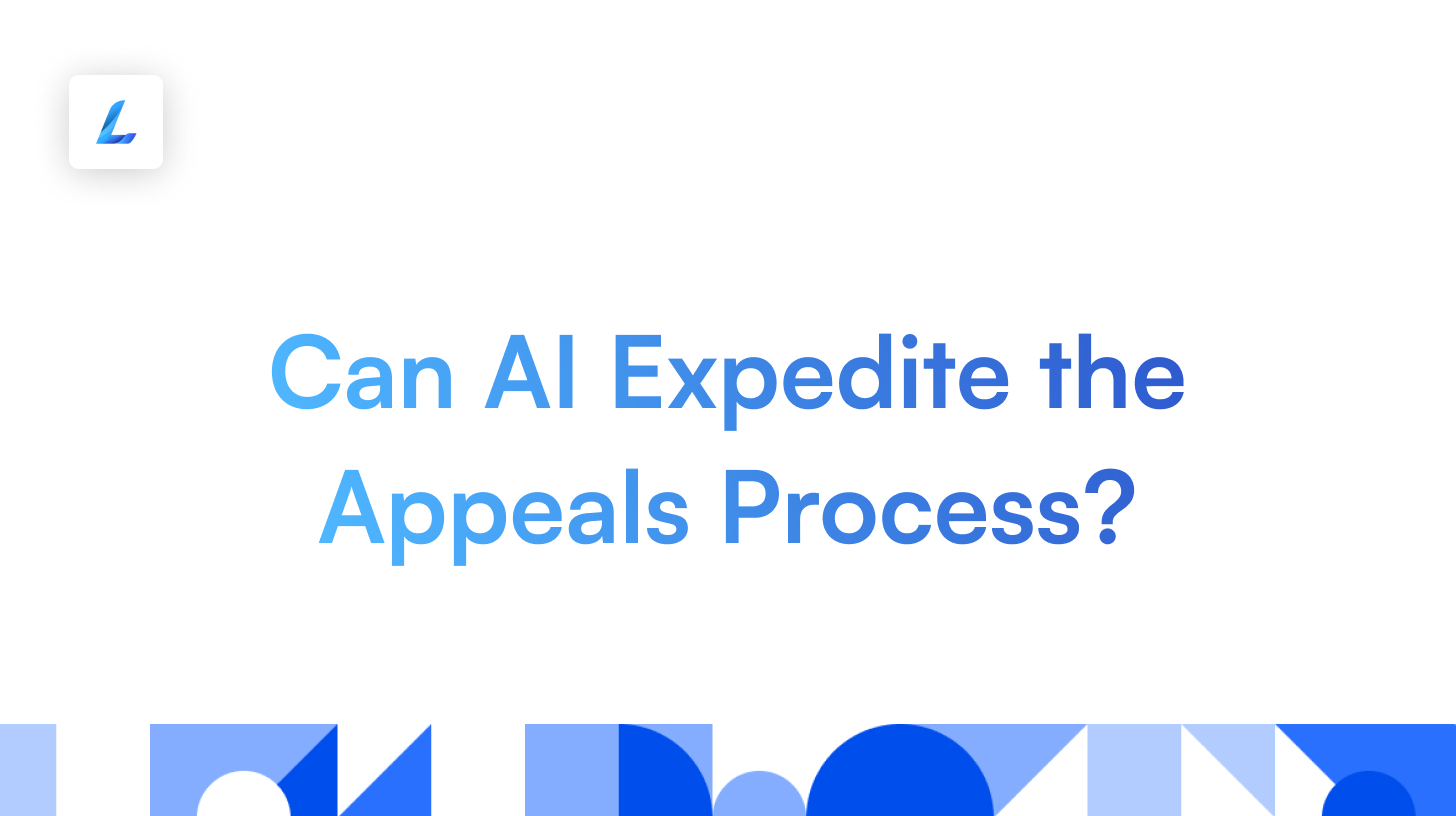A Glimpse into the World of Legal Appeals
In the intricate realm of legal appeals, time is often of the essence. For individuals seeking justice or organizations navigating complex legal disputes, the appeals process can be protracted and emotionally draining. Yet, the emergence of artificial intelligence (AI) promises a potential game-changer by quickly creating legal appeals with ai. In this blog post, we embark on a journey to explore how AI is transforming the appeals process, offering unprecedented speed and efficiency. We’ll dive into the basics of legal appeals, dissect notable cases, and uncover the current role of AI in reshaping this legal landscape.
Navigating Legal Appeals – The Fundamentals
Before we delve into the world of AI-driven appeals, let’s establish the basics of the legal appeals process. Legal appeals are a vital component of the justice system, allowing individuals or entities to challenge the decisions of lower courts or administrative bodies. Appeals can span various legal domains, from criminal law to civil disputes and beyond.
A pivotal term in the realm of appeals is “appellate court.” This is a specialized court with the authority to review decisions made by lower courts or administrative agencies. Appellate courts do not reexamine the facts of a case; instead, they assess whether the lower court or agency correctly applied the law.
The Need for Speed – High-Stakes Appeals Cases
To appreciate the potential impact of AI on the appeals process, we must examine high-profile cases where time was of the essence. Consider, for instance, a criminal appeal involving a wrongfully convicted individual awaiting exoneration. With the aid of AI-driven document analysis and legal research, the appellate team could have expedited the review of case documents, potentially leading to a swifter resolution and release.
In the realm of civil appeals, a high-stakes intellectual property dispute comes to mind. The timely resolution of such cases can have significant financial implications for both parties. AI-powered tools for case analysis and precedent research could have streamlined the research process, potentially leading to more efficient negotiations and settlements.
AI’s Current Role in Legal Appeals
AI is already making inroads into the legal profession, offering valuable tools for legal professionals and litigants involved in the appeals process. These tools are transforming legal analysis, prediction, and automation in several ways:
- Document Analysis: AI-powered software can rapidly review extensive case documents, identifying key information, relevant precedents, and potential legal issues. This speeds up the initial phases of an appeal significantly.
- Legal Research: AI algorithms can conduct comprehensive legal research, providing attorneys with quick access to relevant cases, statutes, and regulations. This capability aids in building strong legal arguments and saves hours of manual research.
- Predictive Analytics: AI can predict case outcomes by analyzing historical data and legal trends. This helps attorneys and litigants make informed decisions about pursuing an appeal or settling.
Legaliser’s AI Legal Assistant – Enhancing Appeals
In the landscape of AI-powered legal tools, Legaliser’s AI Legal Assistant stands out as a transformative asset for legal appeals. This cutting-edge platform offers unique features and advantages that directly impact the efficiency and effectiveness of the appeals process.
- Document Analysis: Legaliser’s AI Legal Assistant excels in document analysis, swiftly reviewing case files, identifying crucial information, and flagging potential issues. This expedites the preparation phase of an appeal.
- Legal Research: The platform’s robust legal research capabilities empower attorneys with instant access to a vast database of relevant cases and statutes, facilitating the construction of compelling legal arguments.
- Predictive Insights: Legaliser’s AI can provide predictive insights into case outcomes, enabling attorneys to make informed decisions about the feasibility of an appeal. This ensures that resources are allocated wisely.
- Free Trial: To encourage legal professionals and litigants to experience the benefits of AI in appeals, Legaliser offers a free trial of its AI Legal Assistant. This trial period allows users to witness firsthand how AI can accelerate the appeals process and enhance the quality of legal representation.
The Future of AI in Legal Appeals
In summary, the integration of AI into the appeals process has the potential to expedite justice delivery and reduce the emotional and financial burden on litigants. Legaliser’s AI Legal Assistant, with its advanced features and free trial offering, exemplifies the capabilities of AI in this domain.
As we look to the future, it’s clear that AI will continue to play an increasingly significant role in reshaping legal appeals. Legal professionals and litigants who embrace AI stand to benefit from its ability to accelerate document analysis, streamline legal research, and provide predictive insights. The future of legal appeals is one where justice is not only blind but swift and accessible.
Embrace the AI Advantage
As the legal landscape evolves, it’s imperative for legal professionals, litigants, and stakeholders in the justice system to embrace the AI advantage. AI tools like Legaliser’s AI Legal Assistant are not merely tools but partners in the pursuit of justice. They hold the potential to expedite the appeals process, reduce costs, and improve outcomes for all involved parties.
In conclusion, the question of whether AI can speed up the appeals process is no longer a hypothetical one—it’s a reality. The future beckons with the promise of swifter justice, and AI is the vehicle that can take us there. Whether you’re a legal professional seeking efficiency or a litigant yearning for a timely resolution, the time to explore AI in the realm of appeals is now. The legal domain is evolving, and with AI by our side, justice can be not only blind but swift and fair for all.
